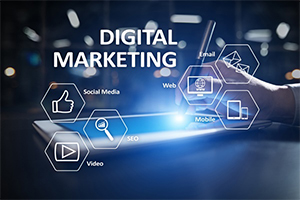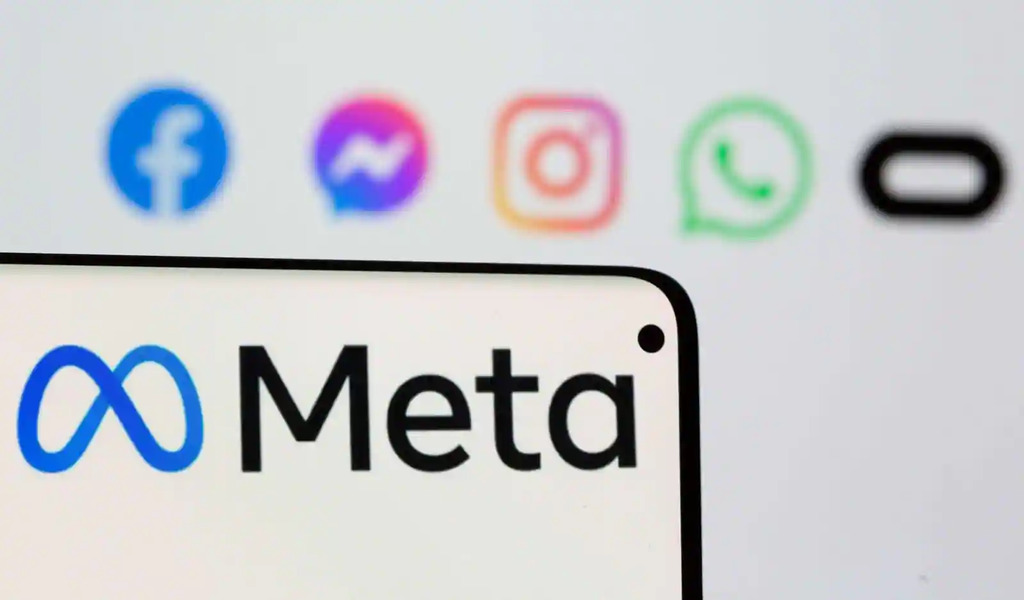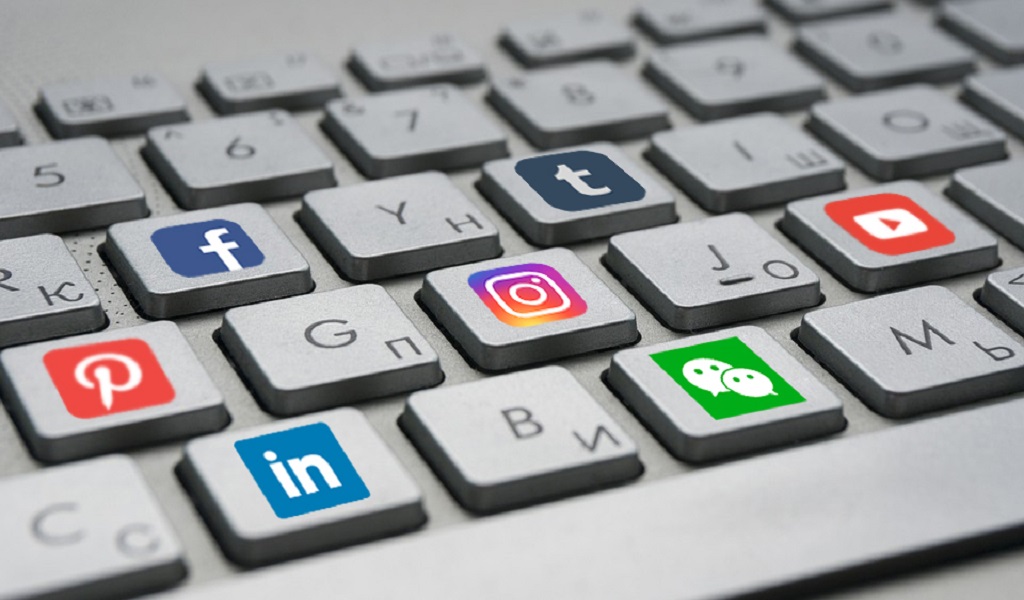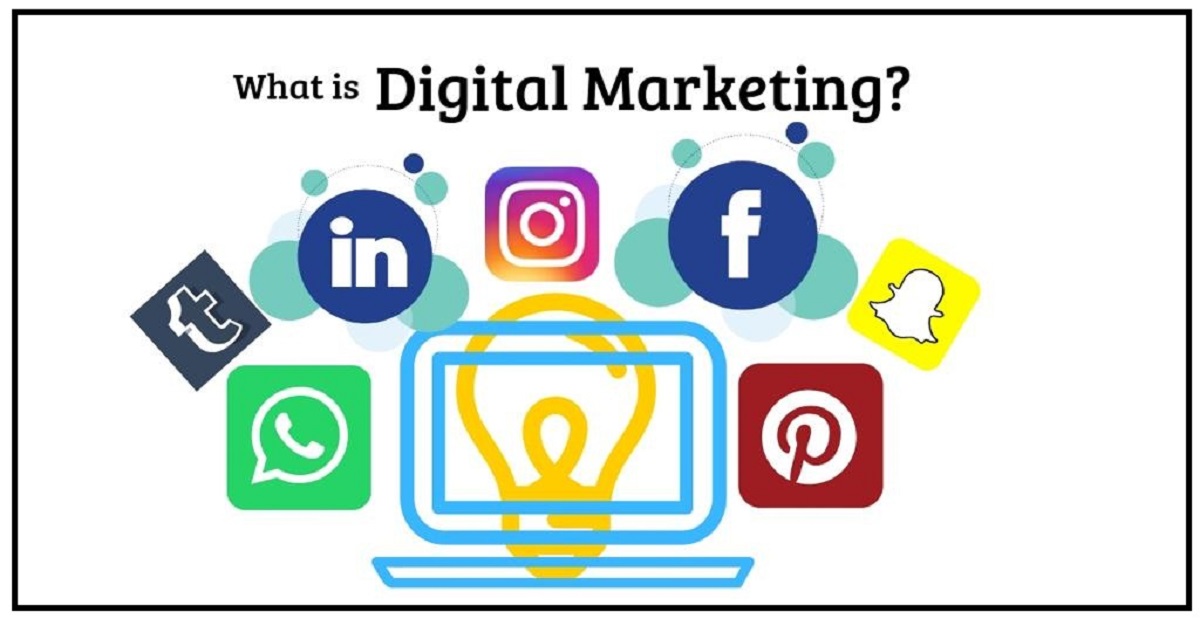What is Digital Marketing?
Only a person who has come into contact with digital marketing more than once can say how effective and productive it is for a business. Using the most straightforward tactics and complex digital marketing strategies, you can achieve results that are impossible in traditional marketing. However, many continue to believe that they are the same. Newbies, on the other hand, often experience real fear as they enter the undiscovered path of digital product promotion.
Should be remembered in any case that digital marketing is:
- A giant step towards success in any business;
- Utterly innovative approach to the client;
- New tactics, strategies based on a deeper understanding of user behavior in the network, and the market.
- Print ads, direct mail, radio ads, and more are slowly fading into the background. These methods are already outdated and do not have the desired effect on increasing sales and traffic growth. Digital marketing is increasingly taking the flagship position.
Definition Of Digital Marketing
The official definition states that digital marketing aims to promote and directly goods or services using unique tactics of so-called online marketing. It covers three main areas of product promotion:
- Social media marketing;
- Search engine marketing;
- Email marketing.
It is always interactive and aimed at a specific segment of the customer base. We can say that the digital version is all the same marketing, but it necessarily includes customer feedback or a standard two-way interaction between the company and customers.
Don't confuse digital and internet marketing. While the latter advertise only on the Internet, the digital version assumes interactive interaction with potential customers via smartphones, phones, video games, and various mobile applications, even on the metro platform.
Dedicated digital marketing assumes that a customer can be contacted anywhere in the space, wherever he is. Therefore, the basic rule of digital marketing focuses on three points:
- Correct sentence;
- At the right time;
- In a well-defined place.
Wherever a potential customer is, you can always contact him today. The thing is to choose the correct wording, the time, and the right place. With the help of digital marketing, you can quickly attract the desired target audience's attention, increase interest in the proposed service or product, and stimulate sales growth. Marketers have long noted the high efficiency of a new product and service promotion and are actively developing this field of activity.
Major Digital Marketing Channels
Digital marketing works by creating specific interactivity or interaction on various digital channels to build productive relationships with potential customers. These points help to become familiar with the proposed product and make the necessary field of trust, in which the client matures to purchase. He gradually gets a desire to buy your product. Users gradually learn to listen to your advice and recommendations, not only becoming loyal customers, but also friends.
The main channels for building strong connections with the target audience:
- Internet Marketing;
- PPC advertising (pay per click);
- Content marketing;
- Email Marketing;
- Promotion in social networks;
- Affiliate internet marketing;
- Video marketing.
When you understand digital marketing - that this is a relatively simple and extremely effective way to quickly bring sales to a high level, expand your customer base and receive a steady increase in traffic - you start trying to stay on the crest of the wave continually. Each channel is a whole ocean of unique opportunities, periodically expanding.
Online marketing companies are one of the powerful internet marketing tools. A fast, accessible, and mobile website allows you to familiarize users with the product and brand and retain potential customers. Paid advertising increases the reach of the target audience by conveniently segmenting it. Content marketing with a handy set of webinars, podcasts, blogs, e-books, infographics, and online courses "educates" its client. Customer acquisition funnels through email are gaining more and more popularity.
Brand recognition and building social trust without mastering social networks today is unthinkable. The most popular social networks are also used as direct sales channels. Affiliate programs allow you to connect other websites and forums to promote your product. And about videos of a very different orientation cannot even be mentioned. A visual moving row in a short and simple format will advertise a product much more efficiently than any other advertising type.
Why Digital Marketing Is the Future
Marketing familiar to everyone has always involved enormous resources of time and effort. It wasn't easy to follow the process of implementation, promotion, and sale of the product. And he, of course, was very expensive. By contrast, digital marketing is simple, affordable, and incredibly effective. You can use several channels at once to build communication links with potential customers. You can communicate with them online, which allows you not only to dispel all kinds of doubts about the products quickly but also to answer questions of interest, building the necessary trust promptly.
Now there is no need for mass mailings and tons of print runs, which, as a rule, go to the trash bin. It is enough to create an advertising campaign, send it on the day of creation and immediately start tracking its effectiveness. The necessary changes are made right there, making it even better and more efficient.
It is digital marketing that allows you to become a transparent, and therefore trustworthy company for real customers. You will never be transferred to the category of "cold and indifferent to the consumer" organization. And loyal customers will start advertising your products on their own.
Where Do Digital Marketers Work?
There are two significant directions in the digital marketer's work:
- Agency;
- in-house.
While working in the agency, the specialist leads several projects in parallel. Often these are clients from different areas of business so that the same person does not advertise competing organizations. Such work allows you to hone skills without a detailed analysis of the client's business. But for some, it can be challenging to keep in mind all the nuances of their projects.
Working in an in-house team assumes that a person works as a marketer in the staff of a company and is only engaged in its promotion. Such specialists will understand the specifics of the company in which they work and hone the skills necessary for it more than universal ones.
What Does A Digital Marketer Do?
Digital marketers are responsible for building brand awareness and generating leads across all of the digital channels a company owns (both paid and free).
These channels include:
- Social networks;
- The company's website;
- Search engine ranking (seo);
- Email marketing;
- display (banner) advertising;
- Company blog.
The digital marketer tracks Key Performance Indicators (KPIs) for each of the listed channels. This allows you to adequately assess the performance of the company for each of the marketing tactics.
In modern companies, digital marketing can be done by a variety of people. In small ones, one professional (a kind of universal digital marketing specialist who knows all areas) can simultaneously master several digital marketing tactics.
The larger ones have several specialists, each of whom deals with one or two digital brand channels.
Here is a list of these specialists.
SEO manager
Critical KPIs: Organic traffic.
In short, the SEO manager is responsible for ranking the company in Google, Yandex, Bing. He takes a multi-faceted approach to search engine optimization and can work directly with copywriters. Working in tandem allows SEO to control the relevance of the content and how well the search engine "reacts" to it. Its main task is to increase the visibility of the site in the search results and, thus, provide more organic traffic.
Content Marketing Specialist
Critical KPIs: time on page, total blog traffic, YouTube channel subscribers.
Content marketers create digital content. They regularly track the content plan and develop a content strategy that can also include videos.
These professionals often work in tandem with people from other departments. This ensures that campaigns are supported by advertising content on each of the digital channels.
Social Media Manager (SMM)
Key KPIs: subscriptions, interactions, repost.
The major role of a social media manager is easily understood from the title. However, what kind of social networks he deals with directly depends on the industry of the company.
First of all, social media managers determine the timeline for publishing a company's text and visual content.
Also, the SMM can cooperate with the content manager. Together they develop a content placement strategy (for each social network separately).
What Business Will Digital Marketing Be Good For?
Digital marketing works for companies at various stages of development: for a startup or an established company. Also, these tools apply to businesses in any area.
Regardless of what your company is selling (products or services), digital marketing helps shape a customer profile, which in turn determines the needs of your target audience and allows you to create valuable online content.
But that doesn't mean that all companies should implement their digital marketing strategy in the same way.
B2B Digital Marketing
Suppose your company is a B2B business (business to business). All your digital marketing efforts will be aimed at generating leads online and, ultimately, to establish direct contact with a potential buyers.
Therefore, the prominent role of your marketing strategy is to generate high-quality leads for your sales force. This is what you will do with your website and existing digital channels.
In addition to your website, it's also wise to use a business-oriented channel like LinkedIn because your target audience resides.
B2C Digital Marketing
If your company operates on the B2C (business to consumer) principle, your digital marketing strategy will be different. All your efforts should be aimed at attracting people to your site and so that they subsequently become your customers, bypassing direct contact with the seller.
However, do not forget to consider the price point of your product. It largely determines the digital marketing strategy.
B2C marketing doesn't require you to throw all your energy into traditional lead generation. A more logical tactic is to create an accelerated customer journey. This means optimizing the process itself as much as possible from when the client enters the site until he makes a purchase.
For B2C companies, channels such as email marketing, Facebook, Instagram, and Pinterest prove to be more valuable than LinkedIn's business-focused platforms.
Types Of Digital Content You Should Create
The type of content you create directly depends on the needs of your audience at different stages of the customer journey. Therefore, start by creating a client portrait to define your audience's goals and objectives and how your company can help your audience reach them.
Your online content should help people achieve these very goals and solve their problems.
Now you need to consider what stage of the customer journey people will be ready to perceive your content in the best way. This is called content mapping.
With mapping, your goal is to get the content right. He must consider the following factors:
- Characteristics of the person to whom it is intended (and here the portrait of the client will be very useful to you);
- How close a person is to make a purchase.
- In terms of the format of your content, there are many different channels you can use. I'll show you some of them so you can apply them every step of the way.
Here are some options recommended using at each stage of the customer journey:
- Awareness stage
Blog posts. Combined with a strong SEO strategy and using the right keywords, straightforward text articles are great for increasing organic traffic;
Infographics. People love visual content because it looks exciting and accessible. Infographics significantly increase the chances of being found on social media because people love to share this kind of content on social media;
Short videos. They are accommodating and will help your brand find new audiences if you host them on platforms like YouTube.
- Consideration stage
Ebooks are an excellent option for generating leads. They are more informative than blog posts or infographics, which means that people are more willing to provide data about themselves in exchange for the opportunity to download the book;
Research is useful content that's also effective for lead generation. Research reports and new data about your industry are also relevant at the public awareness stage, as they often make it to the media or trade press;
Webinars. They are interactive form of video content. This format is handy at this stage, as it is much more informative than a blog post or short video with a low level of interaction with the audience.
- Decision stage
Case studies. Having case studies on your website can be an effective form of content as well, especially for those people who have already come close to making a purchase decision. Research data can be a deciding factor in favor of purchasing a product.
Reviews. If case studies are not right for your business, a quick website review is a great alternative. If you're a B2B brand, get more creative with your review process. Let's say you are in the clothing business. Then you can post photos of customers in your clothes. To collect such images, we need Instagram and a branded hashtag. And now, there is a ready-made social proof.
How Soon Will The Content Pay Off?
When resorting to digital marketing, people often expect to see results much faster than offline marketing. Being able to control your ROI gives you hope for earlier fruits of your labors.
But in fact, the speed and quality of the results obtained directly depend on the scale and effectiveness of your digital marketing strategy.
If you work hard to create a client portrait, identify the needs of your target audience, and create high-quality content, you will get the bounce back faster. Some pretty powerful results will likely appear within the first six months.
If paid advertising is an integal part of your digital strategy, you will see results even faster. However, I still recommend focusing on getting organic (free) audience reach through SEO and social media. Only this approach ensures long-term and sustainable success.
Does digital marketing have a big budget?
It depends on what digital marketing elements you want to add to your strategy.
If you're using inbound marketing technology (SEO, social media, and content creation for an existing website), you don't need a big budget.
The thing is that this type of marketing focuses on creating high-quality content. Content that your audience will require to "consuming" and that they will want to share with others. Therefore, if you do not plan to outsource this part of the work, the only investment you will need is your time.
Outbound marketing or outbound marketing (online advertising, buying mailing lists, etc.), on the contrary, involves some costs. Their size depends on how much visibility you want on the Internet with the help of ads.
How Does Mobile Marketing Fit Into A Digital Marketing Strategy?
Mobile marketing is one of the critical components of digital marketing. Smartphones account for 69% of all time spent consuming digital content. These are global statistics.
This means that it is vital for you to optimize your digital ads, web pages, social media images, and other digital assets for mobile devices.
People who interact with your company online via mobile devices should have the same positive experience when using the desktop version.
There are many ways to optimize your digital marketing assets for mobile users. Whichever digital marketing strategy you are implementing, you must consider how it will look on mobile devices.
Only by achieving high-quality display on both desktop and mobile will your digital technology deliver the results you expect.
Outdoor advertising and digital television are losing ground faster every day.
Therefore, if you are not yet using these tools in your business, then you should think about revising your approaches and start right now.
There are many advertising and marketing agencies that you can turn to for help.
Digital marketing, or just digital and knowing how the leading digital marketing channels work, you can move on to developing a strategy that will help you effectively promote your business on the Internet.
Digital marketing is a generic term for product and service marketing that uses digital channels to attract and retain customers.
Digital marketing includes almost all types of online promotion: SEO, PPC, SMM, email marketing, etc.
Online marketing services can be ordered from a digital agency. These companies gather teams of specialists and provide any online promotion services, from implementing targeted campaigns to developing full-fledged strategies.
Digital marketing allows you to advertise to a broad audience that the company would hardly be able to collect with offline promotion. Also, a distinctive feature of digital is an advanced analytics, which allows you to gather precise, detailed data on the effectiveness of campaigns and optimize advertising.
Experience in digital is the work experience gained in a digital agency or an in-house team that deals with Internet promotion.
CATEGORIES
- Digital Marketing
- Marketing
- Entertainment
- Medical
- Science and Technology
- Politics
- Sports
- Environment
- Campaign
- Interview
- Viral
- What's Trending
- Trending News
- Viral Videos
- Youtube Trends
- Social Media Ranking
- Twitter Trends
- Google Trends
- Top Politicians
- Top Cricketers
- Top Influencers
- Best Campaigns
- Google News
- News
-
 Oct 11, 2020
Oct 11, 2020SEO Content Writing Vs. SEO Copywriting:...
-
 Dec 15, 2020
Dec 15, 2020#Karnatakaiphoneplantagitation: Workers...
-
 Dec 15, 2020
Dec 15, 2020#OLA Invests ₹2400 Crores For Our Futur...
-
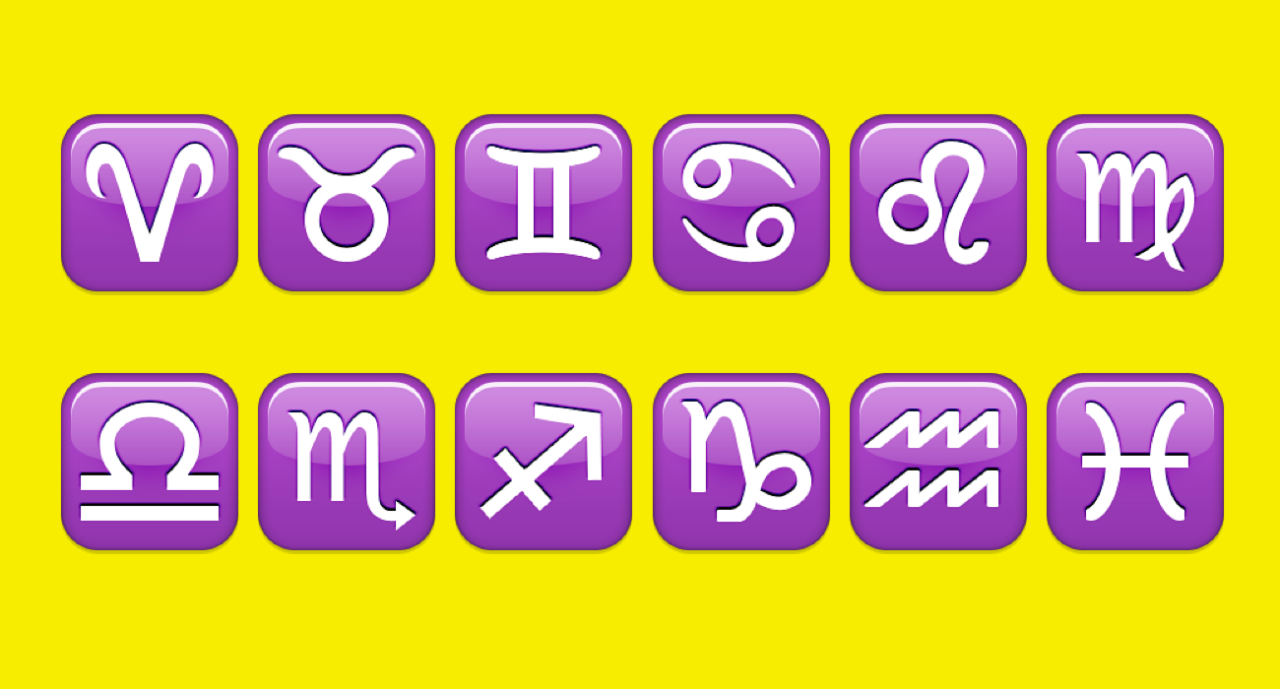 Dec 15, 2020
Dec 15, 2020#Snapchat Launches Astrology Profile
-
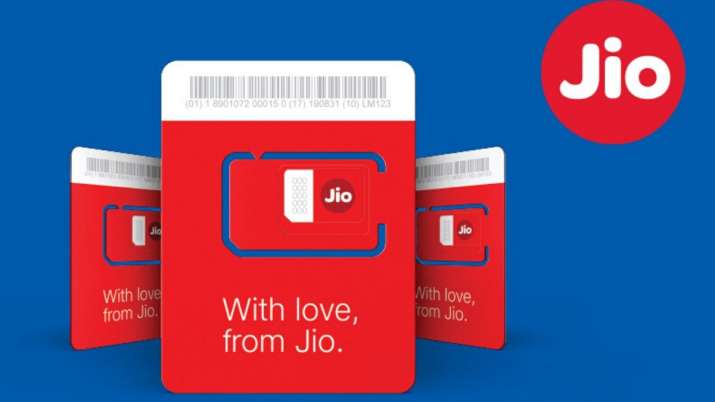 Dec 15, 2020
Dec 15, 2020Know Why #BOYCOTTJIOSIM Is Trending On S...
-
 Aug 01, 2023
Aug 01, 2023India's Chandrayaan-3 On Track For Lunar...
-
 May 17, 2023
May 17, 2023Zara Hatke Zara Bachke Trailer Review(Ra...
-
 Aug 04, 2022
Aug 04, 2022'Har Ghar Tiranga' Campaign Created Stor...
-
 Dec 16, 2020
Dec 16, 2020#Skillhaitohfuturehai: Mahindra's Flagsh...
-
 Dec 15, 2020
Dec 15, 2020#OLA Invests ₹2400 Crores For Our Futur...
HIGHLIGHTS
- Realme Pad Specifications Teased, Will C...
- MARKETS: Sensex Down 300 Pts, At Days Lo...
- Afghanistan Crisis Live Updates: NIA Chi...
- Women Will Be Admitted To NDA, "Historic...
- Taliban's New Education Minister Says Ph...
- India's T20 World Cup Selection Question...
- New JioFiber Quarterly Broadband Plans I...
- Explained: How Your Cat Got Its Stripes...
- Who Is Aesha Mukherji? All You Need To K...
- Long Live Test Cricket While We've Virat...


